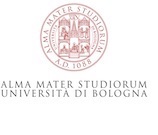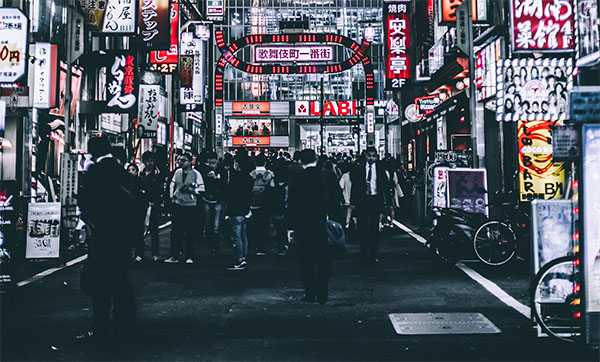ABDOUMALIQ SIMONEUrban Humans in the Planetary EraAFTERNOON COURSE (Aula Specola)
|
|
|
Within an era of the planetary, that when applied to urbanization upends conventional notions of density, consolidation, and aggregation in favor of extensionality, dispersion and topology, what is the human that inhabits the urban? The course will address this question with a focus on three particular domains: the affective, calculative, and blackness as the broad general areas for approaching the complicated terrain of urban human life, focusing particularly on its logics and modalities of contemporary transformation. These three broad areas of concentration will be examined through specific fields of investigation. These include: 1) The implications of racialization, particularly the enduring role antiblackness plays in the organization of urban governance, 2) reworking notions concerning urban tissue into those of “urban flesh”—thinking through the very materiality of the contemporary and prospective human form; 3) working through various instantiations of popular economies—those ways of making, repairing, and transacting that exist both within and outside the logics of capital and; 4) engaging the wasted “remainders” of urban life, its apparently useless and banal spatial products that could be considered “uninhabitable.” If the “human” is to be recouped as a viable entity through and around which the urban is to make sense and be sustainably developed, such a process requires grappling with these three domains of engagement and four fields of investigation. While human endeavor may be most easily seen as threatened by the prospects of a singularity, where human cognition is subsumed by artificial intelligence and robotics, or generalized automation, the vulnerabilities and potentials of urban humans are largely those of their own making. At the same time, these “failures” should not be construed as a fundamentally deficiency of the human. After all, the human crosses a wide range of manifestations. The urban human as a concept would suggest as much in so far as the urbanization of the human results in different versions of human life that constantly have to be sutured together. Thinking about degrees of urbanization is not a matter of how particular instances of the urban conform or deviate from some kind of overarching normative functioning, but rather how the urban “shows up” in any specific instance of observation; that it is something potentially present in any place. The conceptual challenge then is not to decide upon whether something is urban or not, but rather to dynamically account for its oscillating appearances over time. The same challenge would then also apply to thinking about the human. At the same time, human endurance may no longer be strictly conceptualized in “human” terms; that is, such endurance may be best experienced as the relinquishing of human form in favor of new bodily and cognitive configurations, sometimes viewed as a post-human. Here, the urban human, might more productively be seen as not something yet to be invented, but as a modality of living that is always already present within the seemingly marginal, wasted and tentatively experimented spaces of the urban. It may be found in the body’s capacity to hold that beyond its own processes of self-recognition; its own interwoveness in quilted geographies of sense and materials that are the properties of no one, of entities that have no clear names, and collectives that have no set identities or boundaries. In other words, this may point to a human yet to come, yet already here. This is not to say that this that the urban human is attached to specific conditions or space, but rather to emphasize the productive use of the “margins” as a starting point to discover all of the things that human is or might be.
|





 AbdouMaliq Simone
AbdouMaliq Simone